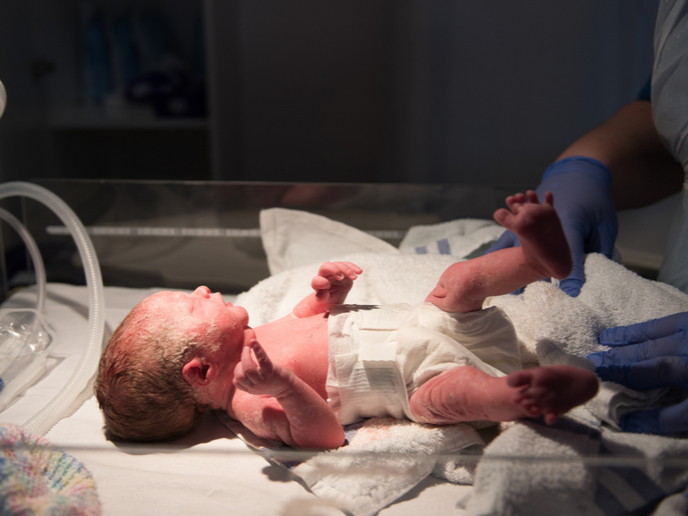Mental disorders in juvenile delinquents
Researchers on the project 'Antecedents and consequences of mental health problems in juvenile justice boys and girls' (ANTEJUVENILE) first sought to understand the impact of mental health problems on reoffending youths. The second primary goal was to learn more about the explanatory processes of mental disorders of juvenile delinquents. Investigations were based on secondary data matching psychiatric assessments on entry to a juvenile justice facility with cumulative juvenile justice and adult criminal records. Studies focused on the influence of mental health disorders on re-offending youths, and a comparison between youths who were and weren’t referred to mental health services. A third study examined adolescent psychiatric disorder in terms of criminal re-offenses. Furthermore, three studies were carried out to explore explanatory factors of mental health problems. These covered exposure to traumatic events and childhood maltreatment, differences between childhood-onset and adolescent-onset offenders, and mental health problems as a link between maltreatment and aggression. Findings indicate that mental health problems increase the risk of criminal re-offense. In particular, substance use disorder is linked to risk for increased severity of future offenses. Overall, research outcomes suggest that screening for mental health can be effectively used for identifying treatment needs. This screening could also prove useful in predicting which offenders are more likely to engage in an escalating course of criminal activities. ANTEJUVENILE successfully made its case for the benefits of mental health screening and referral to appropriate services. Such an approach to intervention holds promise for driving down rates of re-offense. It thus also may contribute to fewer instances of juvenile criminal activity being carried over into adulthood.







